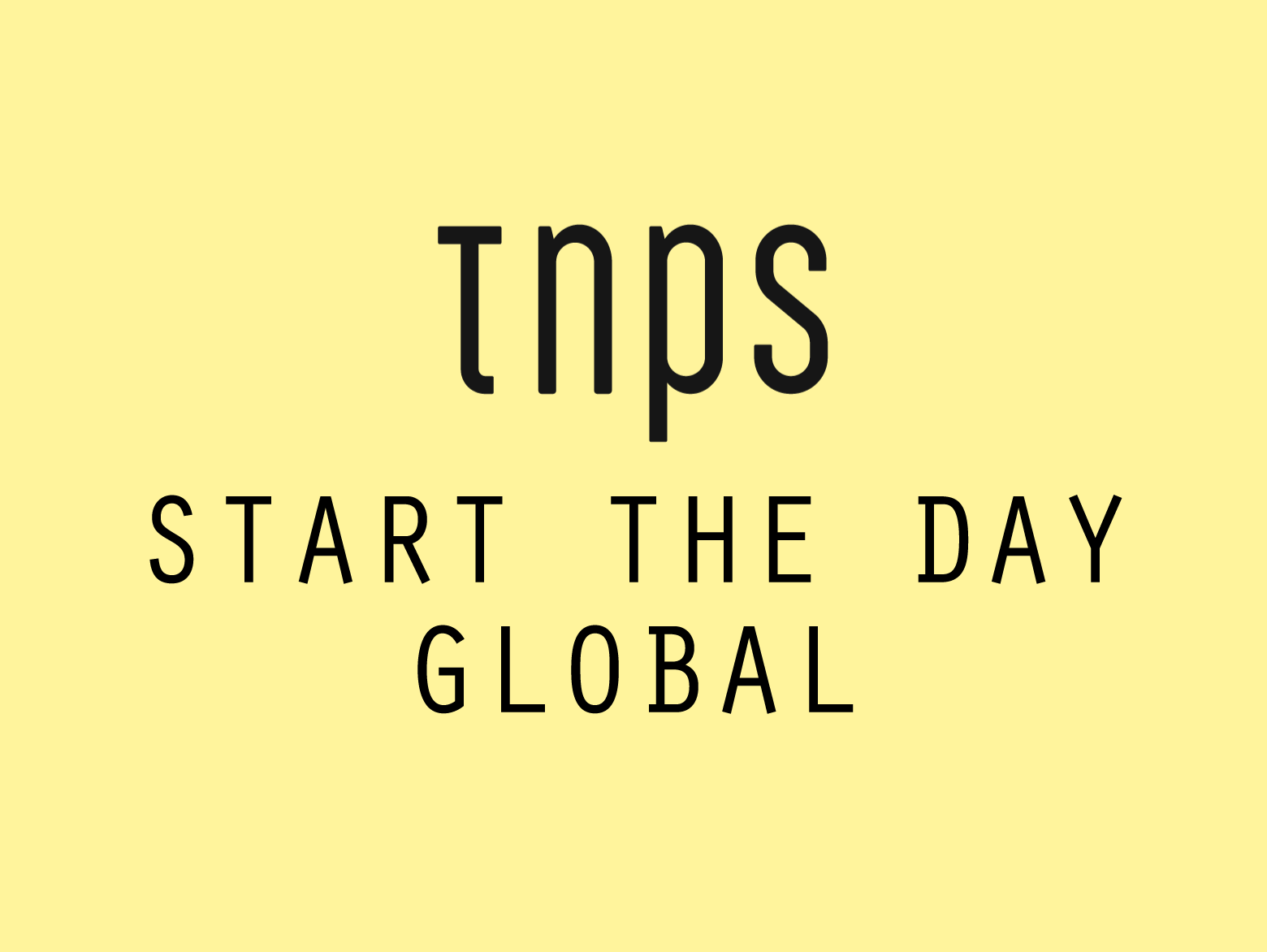Table of Contents
Palestine, Mongolia, Russia, Indonesia and New Zealand are on the menu for today’s Start The Day Global selection, and if you’re thinking none of these markets are worth a second thought, then you really need to read today’s curation.
We start today’s selection in the Middle East, in a land few outside the region associate with books and literature: Palestine.
Future-focused ‘Palestine +100’ Wins PEN Translates Award
English PEN has announced the 16 books that won this year’s PEN Translates awards,
The 16 books come from 15 countries and 12 different languages. These include, according to a PEN statement, books translated from “Bosnian, Indonesian, Slovenian and Tamil, with the first ever novel from the Comoros Islands to be translated into English.”
The list also includes Palestine + 100, a collection of short stories expected from Comma Press in May 2019.
Like Comma Press’s Iraq + 100, the collection will be set 100 years after an important date. In this case, the stories will be set in 2048, 100 years after the Nakba, with the theme, what might Palestine look like in the year 2048?
As well as being an exercise in escaping the politics of the present in a country which some have called ‘the largest prison in the world’, this anthology is also an opportunity for a hotbed of contemporary Arabic writers to offer their own spin on science fiction and fantasy.
Read more over at ArabLit.
Next stop New Zealand.
Down the Back of the Chair: Books No One Can Read
Māori language academic Vini Olsen-Reeder wants Māori-speaking kids and adults to be able to read books – lots of them – in te reo Māori.
This a must-read study of the challenges facing readers and writers of micro-languages where the economics of publishing mean few books are available and even few authors can afford to write them.
Te reo Māori in this case but many thousands of other micro-languages face the same uphill struggle for survival and recognition.
Read more over at The Sapling.
From Oceania we head north to Asia.
China and Mongolia strengthen cooperation in cultural and publishing industries
This is perhaps more politics than publishing, but a reminder that the global book market is just that – global.
Outer Mongolia is often used as a throw-away term for somewhere remote and unapproachable, but of course it’s only remote if you live on the other side of the planet, and in this modern world of digital connections the Mongolian book market is actually no further away than the US book market, the UK book market or the Australia book market.
Read more over at China’s Global Times.
Staying in Asia, we head south to the world’s largest archipelago, Indonesia.
Indonesia publishing revenues and online sales on the rise as Amazon and Apple look the other way
Those who follow my ramblings here and elsewhere will know how excited I am by the prospects for the Indonesian book market.
Okay, so it’s only at 53% internet penetration. But that 53% penetration equates to 143 million people online and makes Indonesia the fifth largest country in the world by internet users.
This matters so much in a land of over 17,000 islands, where print book distribution faces enormous challenges.
Here just to mention a recent post over at Publishing Perspectives that reported,
From a low of -1.7 percent in 2017, (Indonesia) publishers’ revenues have now grown by 11.6 percent … a rising number of purchases from online stores (but not from Amazon, which doesn’t as yet accept Indonesian currency).
Yeah, read that last bit again – “a rising number of purchases from online stores (but not from Amazon, which doesn’t as yet accept Indonesian currency).”
Roget Tagholm might also have added that there is no Kindle Indonesia store either.
A reminder that, important as Amazon is to western publishing, it’s global reach is actually a lot less than many realise.
And as we are now in the fifth year without a new Kindle store launch we have to wonder if Amazon’s global ebook ambitions are even a consideration any more.
Be sure to read the full report from Roger Tagholm, with some fascinating insights into the Indonesia book market, over at Publishing Perspectives.
To India next, a land where many of our western classics originated. The Jungle Book and The Little Princess, for instance. But there’s more to the classics than just the books we in the west read, as Penguin Classics knows.
India’s Penguin Classics Festival winds up its month long event across Mumbai, Delhi, Bangalore, Kolkata and Chennai
That list of cities alone accounts for many millions of visitors to the major book fairs of India Kolkata, Delhi and Chennai all take off in January and each is likely to pull crowds of 2 million plus – but this post is about a smaller but no less important festival, celebrating the classics.
Read more over at The Hindu.
For our final selection for today we are indebted once again to Publishing Perspectives, which offered us the latest on the Russian book market.
Holiday Hopes: Russia’s New Bookselling Giant May See a 26-Percent Gain
We hear so often how books are being read less around the world because everyone is binging on Netflix, or whatever the latest nonsensical publishing-is-doomed rant is, but actually the global book markets are in fine fettle.
The merger of Eksmo-AST’s Bukvoed and Chitai-Gorod—now Russia’s primary bookselling consortium—says it plans an expansion into both the domestic and foreign markets in the next several years, and it’s forecasting a 2018 boost in combined revenues of just over 25 percent.
Not to mention it’s planning to open 150 new stores.
Read more over at Publishing Perspectives.
I’ll end today’s selection by repeating a line from that last piece on Russia’s publishing plans.
Expansion into both the domestic and foreign markets.
As we head into the final year of this decade, that sums up well both the opportunities and challenges of the 2020s.
Few publishers outside Russia are taking seriously the opportunities in the Russian book market, but Russian publishers have no such blindspots about the opportunities beyond their borders.
The 2020s will see the global book markets become really global, in a way we are just seeing the first signs of now, and it’s the mature western markets that will feel it most, as content from around the world floods in to challenge our domestic products.




